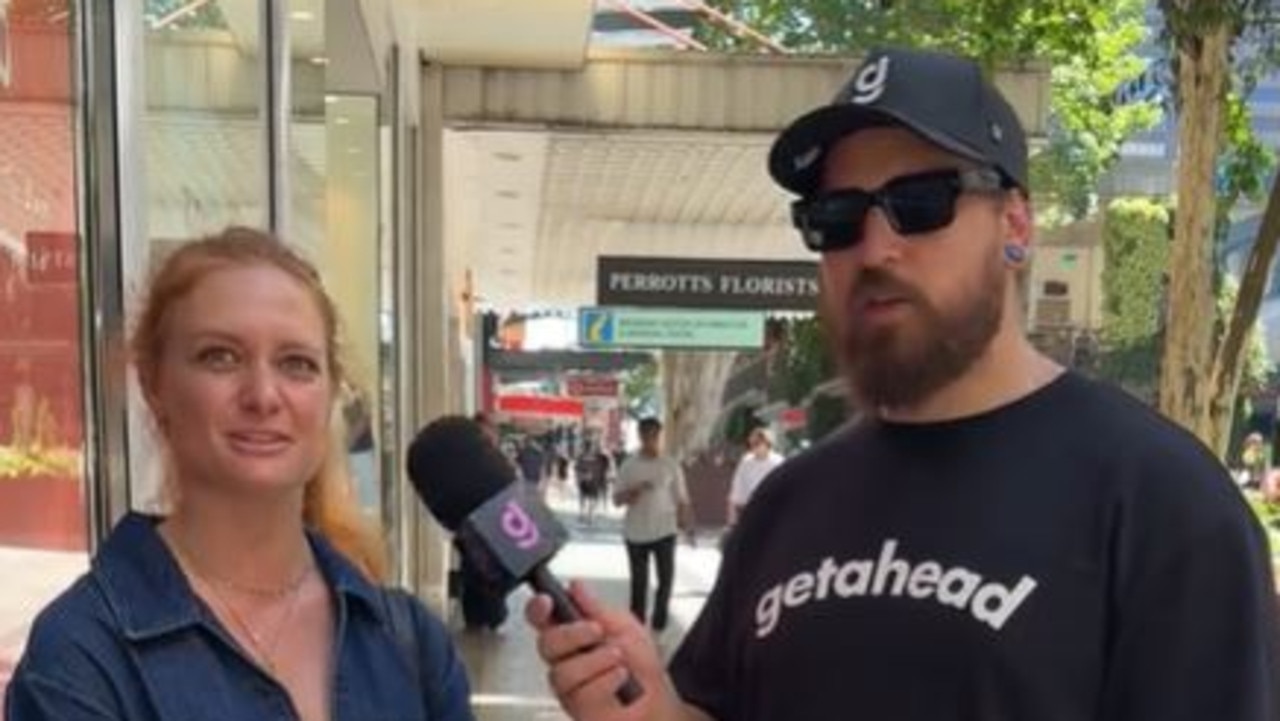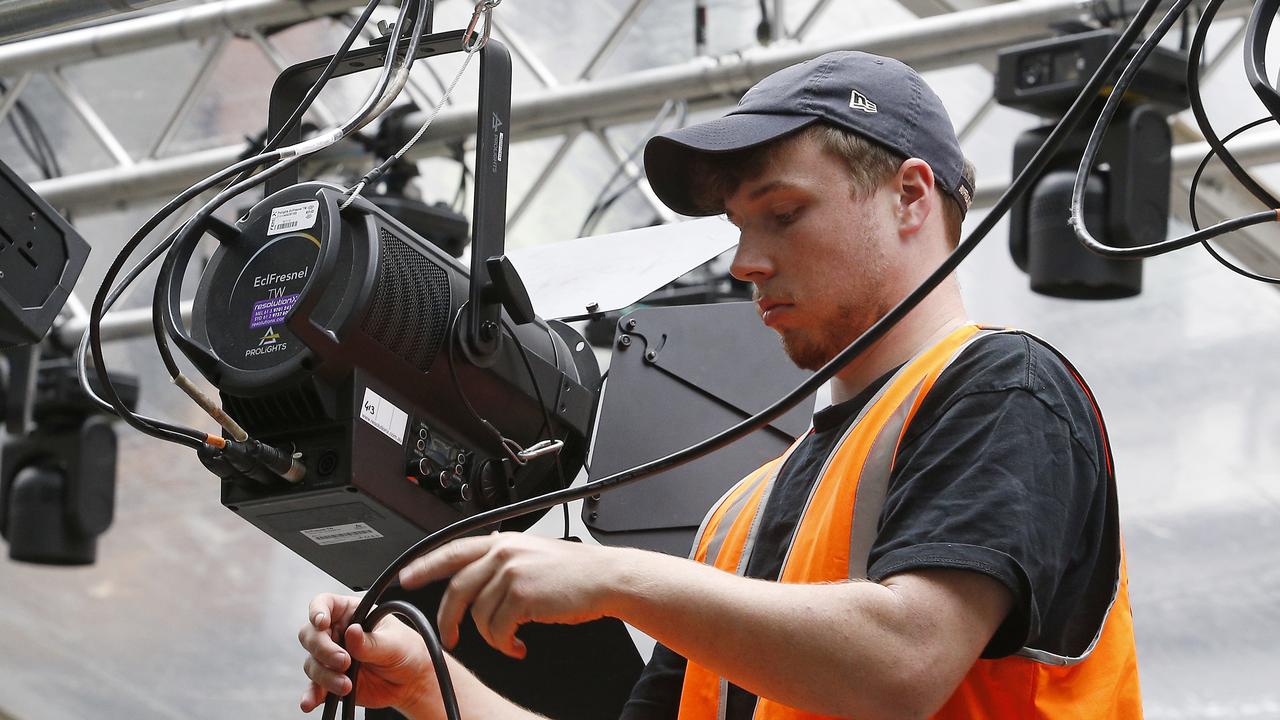‘Opportunities are endless’: Expert reveals how jobseekers can score more money, perks
How does a higher salary, bigger bonuses, flexible hours and a nine-day fortnight sound? It’s all within reach.

An Aussie careers expert has revealed her key tips for jobseekers wanting to wrangle better perks, higher salaries, more time off and even a nine-day fortnight in their next job interview.
A combination of low unemployment and high levels of job vacancies has shifted the power balance from employers to employees, laying the groundwork for a “worker’s market”.
Indeed career coach Sally McKibbin says those in search of a new role are in a powerful position to demand lucrative perks.
“Whether that is more time off, flexibility, hybrid working, not having to go to an office, four-day weeks – the opportunities at this point are endless,” Ms McKibbin told news streaming service Flash.
Stream the news you want, when you want with Flash. 25+ news channels in 1 place. New to Flash? Try 1 month free. Offer ends October 31, 2022 >

Scoring these benefits comes down to two things – research and confidence.
Ms McKibbin advised jobseekers look up what salaries businesses are offering for equivalent roles.
“Whether that is stuff you see advertised, talking to colleagues or a network and making sure that you’re armed with all of the right types of information,” she said.
“Making sure that you have the courage to ask – if you don’t ask, you don’t get.
“Now is the perfect time to be asking because employers have to be more flexible in the current climate.”
As of May, there were more than 480,000 job vacancies in Australia, with these roles spread across almost every sector.
“There’s actually more job vacancies than there are unemployed people to fill those roles at the moment,” Ms McKibbin said.

More Australians are in work now than there have been in almost half a century, with the unemployment rate dropping to 3.4 per cent.
A massive skills shortage is hampering a variety of sectors, including aged care, construction, nursing and hospitality.
Industry leaders say border closures during the Covid-19 pandemic are to blame, with skilled migrants shut out of the country.
Another significant trend has emerged post-Covid – quiet quitting.
“Quiet quitting is referring to a mindset shift … trying to move away from the hustle culture, really setting boundaries at work to ensure you’re getting a better work-life balance,” Ms McKibbin said.
While quiet quitting may just sound like an excuse for workers to slack off, it’s actually about choosing to step back and stick to your job’s role description.
“[It’s] being able to say no when your workload is too large, being able to have those comfortable boundaries to say I’m actually at capacity,” Ms McKibbin said.
The relationship between workers and their bosses has fundamentally changed post-Covid, but experts are divided over when this worker’s market will end.





